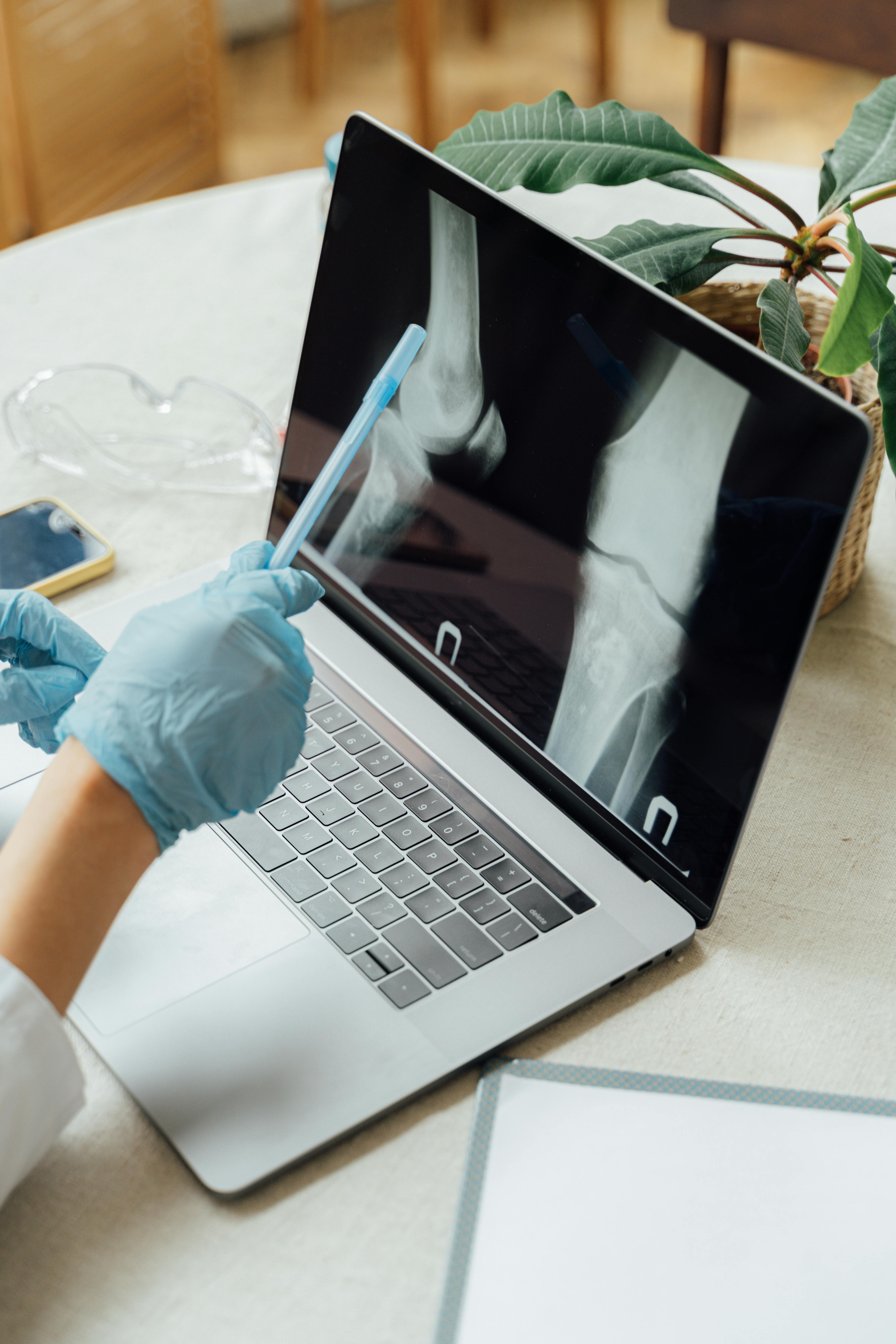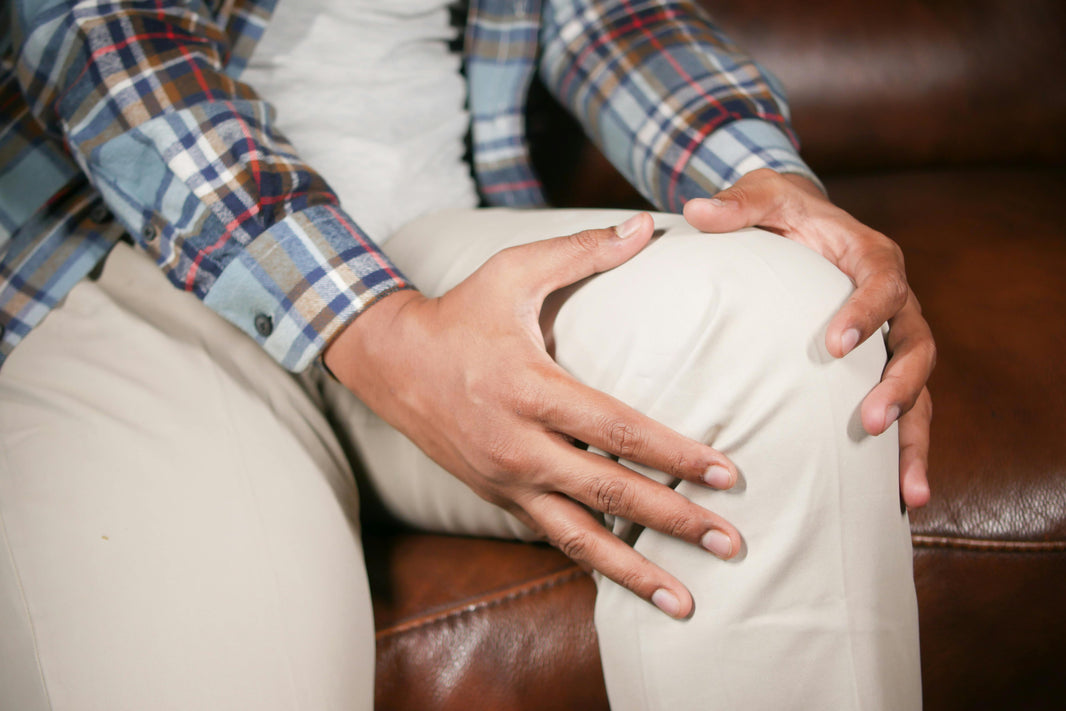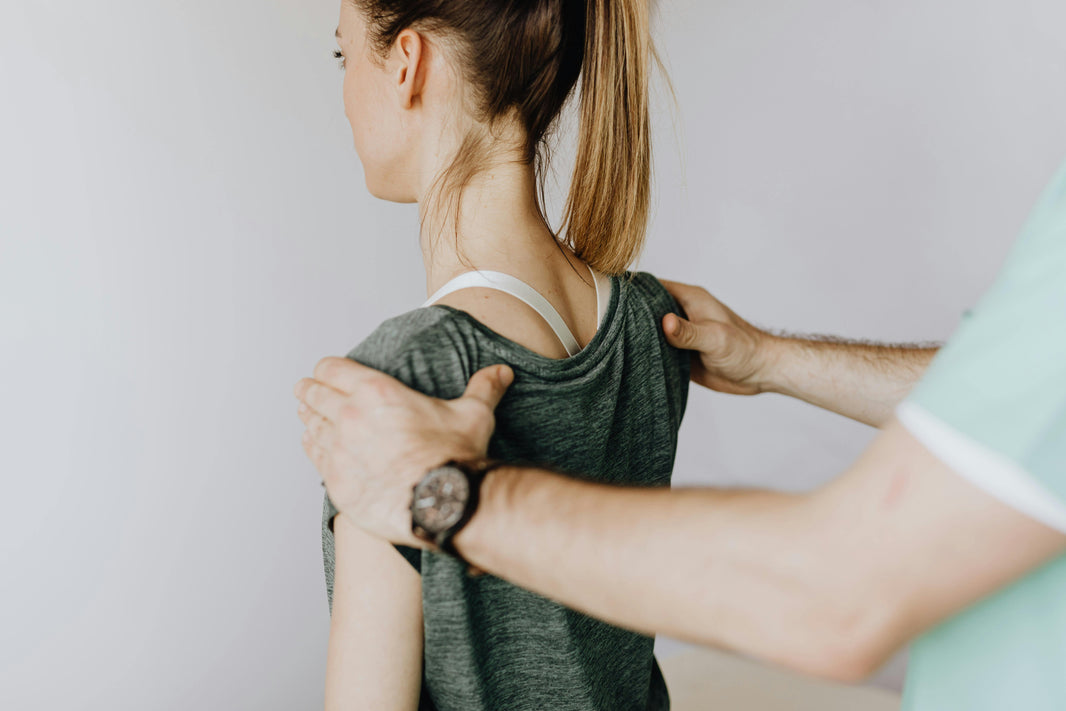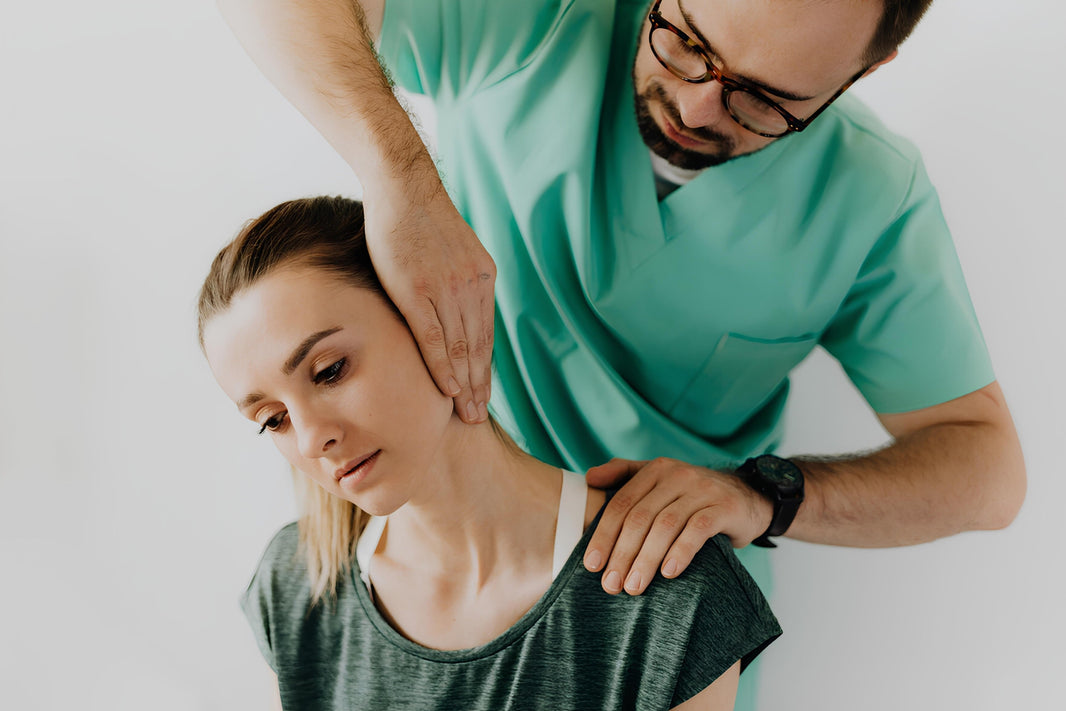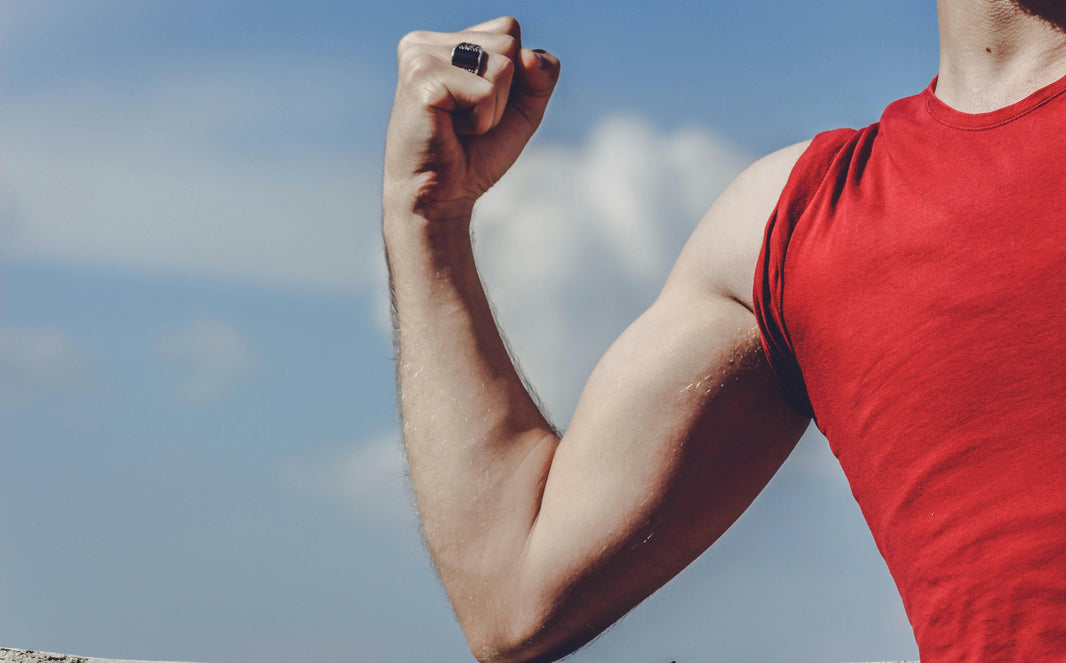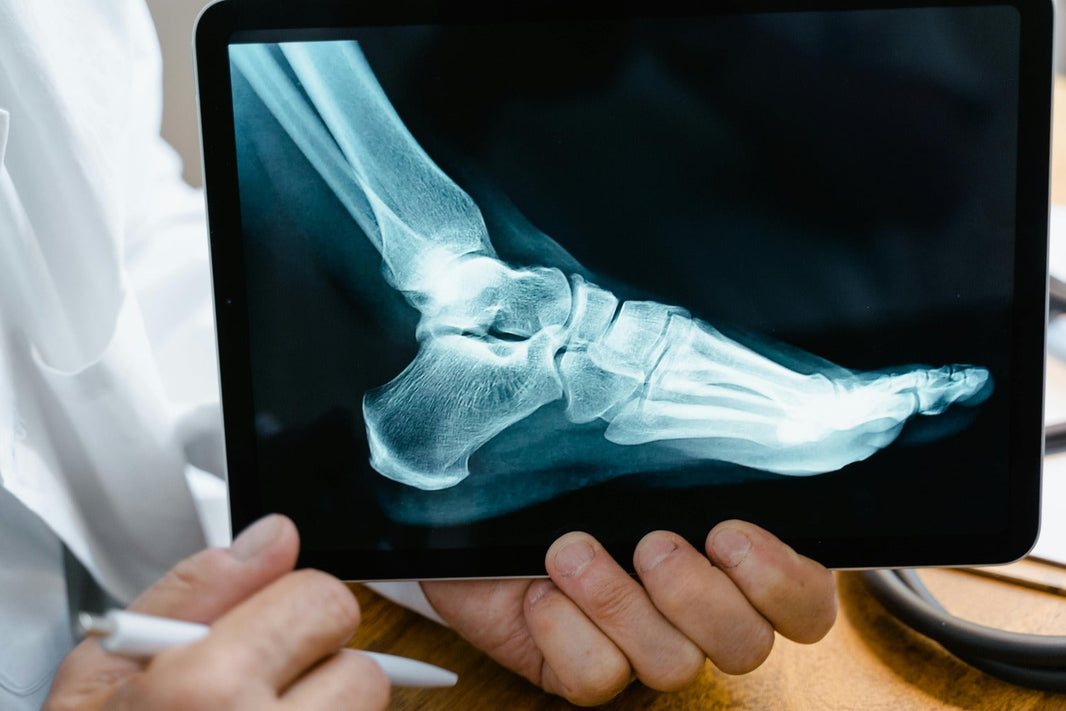When it comes to recovering from a medial collateral ligament (MCL) injury, the journey can be challenging. Pain, inflammation and limited mobility are just a few hurdles along the way. While physical therapy and rest are staples of the recovery process, nutrition plays an often-overlooked yet significant role. One particular nutrient gaining attention for its healing properties is curcumin-the active compound in turmeric. Known for its potent anti-inflammatory and analgesic effects, curcumin might just be a game-changer in supporting MCL recovery.
Understanding MCL Injuries and Inflammation
The MCL, a critical ligament in the knee, helps stabilize the joint by connecting the femur to the tibia. Injuries to the MCL often occur during sports or activities that involve sudden twisting or direct impact to the knee. The aftermath of an MCL injury typically involves localized pain, swelling and inflammation as the body’s immune system responds to the trauma.
Inflammation is a double-edged sword: it’s essential for initiating the healing process but can become problematic if it’s excessive or prolonged. Chronic inflammation can delay recovery, contribute to pain, and even lead to further tissue damage. This is where curcumin’s unique properties come into play.
What Makes Curcumin Special for MCL Recovery?

Curcumin, the bioactive compound in turmeric, is widely celebrated for its anti-inflammatory, antioxidant and analgesic properties. Numerous studies suggest that curcumin can modulate the body’s inflammatory response making it a promising natural aid for conditions like arthritis, muscle injuries, and ligament sprains.
-
Anti-Inflammatory Powerhouse: Curcumin works by inhibiting key molecules involved in inflammation, such as nuclear factor-kappa B (NF-κB) and cyclooxygenase-2 (COX-2). These molecules are often overactive following an injury and contribute to pain and swelling. By downregulating these pathways, curcumin helps control inflammation without the side effects commonly associated with non-steroidal anti-inflammatory drugs (NSAIDs).
-
Antioxidant Support: Oxidative stress is an imbalance between free radicals and antioxidants is another issue that arises after an MCL injury. Excessive oxidative stress can damage cells and slow tissue repair. Curcumin’s antioxidant properties help neutralize free radicals, protecting cells from further damage and promoting a conducive environment for healing.
-
Pain Management: Curcumin also has a role in alleviating pain. Studies indicate that curcumin influences neurotransmitters that are involved in pain signaling and pain relief without dependency risk or gastrointestinal issues linked to opioid medications.
Incorporating Curcumin into Your MCL Recovery Plan
Adding curcumin to your recovery routine is simple and versatile. Here’s how you can integrate it into your diet and supplementation plan:
1. Dietary Sources: Turmeric, the spice that contains curcumin can be easily added to meals. Here are a few ideas:
- Golden Milk: A warm beverage made with turmeric, milk or a non-dairy alternative and a pinch of black pepper.
- Curries and Soups: Incorporate turmeric into savory dishes for added flavor and color.
- Smoothies: Blend a teaspoon of turmeric with fruits, yogurt, and a dash of honey.
2. Supplementation: For a more concentrated dose consider curcumin supplements. Look for products that include piperine or are formulated for enhanced bioavailability. Standard doses range from 500 to 1,000 mg per day but consult a healthcare provider for personalized recommendations.
The Role of Black Pepper
Curcumin consumed alone has poor bioavailability meaning it’s not easily absorbed by the body. However, pairing it with black pepper which contains piperine can increase absorption by up to 2,000%. Always include a pinch of black pepper when using turmeric.
Potential Side Effects and Considerations
Curcumin is generally safe for most people but high doses can cause gastrointestinal discomfort in some cases. Additionally, it may interact with blood-thinning medications and certain chemotherapy drugs. Always consult a healthcare provider before taking any new supplement.
Final Thoughts
Recovering from an MCL injury requires patience and a multi-faceted approach. While traditional therapies like rest and physical rehabilitation remain essential, the addition of curcumin offers a natural way to manage inflammation and pain, potentially speeding up recovery. Backed by scientific evidence and with minimal side effects, curcumin is a nutrient worth considering for anyone on the road to healing.
References
-
Kunnumakkara, A. B., Bordoloi, D., Harsha, C., et al. (2017). Curcumin, the golden nutraceutical: Multitargeting for multiple chronic diseases. Critical Reviews in Food Science and Nutrition, 57(3), 398-414.
-
Daily, J. W., Yang, M., & Park, S. (2016). Efficacy of turmeric extracts and curcumin for alleviating the symptoms of joint arthritis: A systematic review and meta-analysis of randomized clinical trials. Journal of Medicinal Food, 19(8), 717-729.
-
Steven A Basham Ms et al. (2020). Effect of Curcumin Supplementation on Exercise-Induced Oxidative Stress, Inflammation, Muscle Damage, and Muscle Soreness. Journal of dietary supplement, 10.1080/19390211.2019.1604604.


